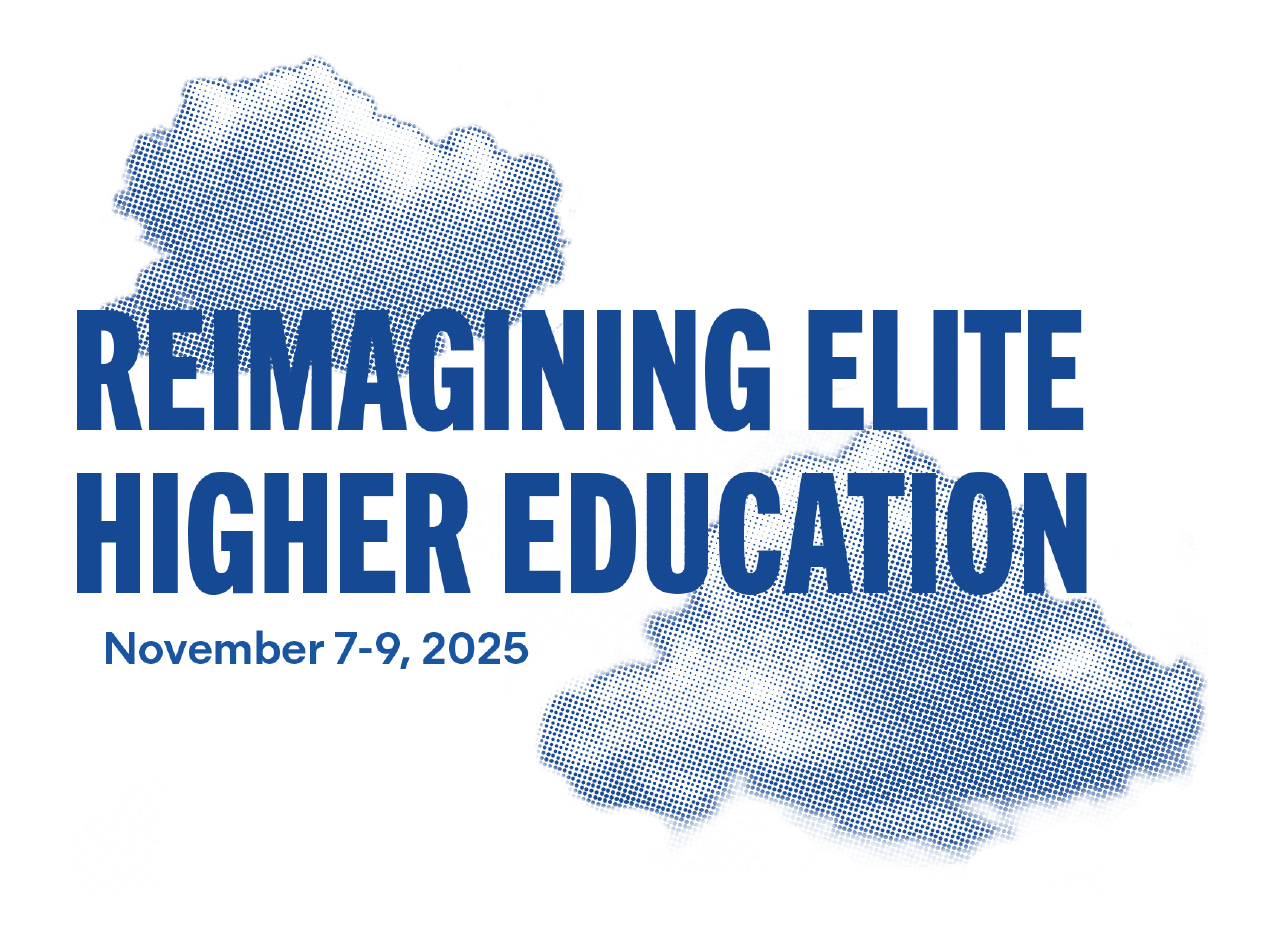An Academic Social Contract
Elite universities should forge a new social contract with disenchanted Americans, not with the oligarchs behind Trump's "Compact."
I had the honor of speaking this weekend at Yale to the Reimagining Elite Higher Ed student conference organized by Class Action.
The conference was inspired by a paper coauthored by my friend Mitchell Stevens, in which the authors argue, “The relationship between American colleges and universities, and the larger society has long been shaped by the academic social contract: an implicit agreement in which even nominally private institutions provide myriad services to society in exchange for public subsidy, autonomy, and prestige.
I spoke on a panel about how a new academic social contract could prioritize community needs over the financial interests that dominate universities. And I gave a related radio interview. Here are my opening remarks regarding this question and the oligarchs behind Trump’s “compacts”:
Before we unpack how universities currently prioritize financial interests over community needs, I think it’s important to clarify the position of these two groups in contention between universities and the forces behind Trump’s compacts:
1. The first are members of diverse non-elite communities, including Trump voters, whose anger at elite universities is invoked by proponents of the compacts.
2. The second are the architects of Trump’s compacts and higher ed attacks, who are themselves mostly elitely educated financiers and far right intellectuals.
These are two very different groups. They are both angry at universities, but for mostly different reasons.
I think the biggest reason non-elites are angry at elite universities is that universities produced our present class of elites. And Americans have been increasingly angry at all elites and all their institutions over the last 20 years (see this polling).
This rising anti-elite anger is multifaceted, but fueled by multiple economic catastrophes for most Americans, including the rise of student debt. It’s a recipe for disaster when you pair this with the lavish lifestyles that top universities offer the children of elites. While sending their kids to these schools, political elites from neither party have done much to help the economically displaced and stressed. But politicians have delivered big bail outs and monopolies to Wall Street and big tech. And one of the few things that unites pro Trump and anti-Trump non-elites, is that they both really dislike Wall Street and Big Tech.
So if anything, people are not angry about elites becoming diverse, they’re angry about elites all being the same in enjoying gilded prosperity while screwing everyone else. So of course you’d be pissed at the universities that produce elites.
So that’s non-elite anger at universities.
The anger of the leaders of Trump’s university agenda is very different. These people are an alliance of elitely educated intellectuals on the far right, like Christopher Rufo, and some elitely educated oligarchs from Wall Street and venture capital. The bizarre thing about the financial oligarchs, is that they’re attacking the very universities they’ve attended, donated to, and in many cases governed as trustees. Contrary to anything written in the compact, they are not worried about college affordability, student debt, huge endowments, or the working-class.
I’ll share a couple of quotes to illustrate this. One is from billionaire venture capitalist Mark Andreesen, who is a self-proclaimed architect of the Trump attack on universities. He says:
“The most privileged people in society, the most successful, send their kids to the most politically radical institutions, which teach them how to be America-hating communists. They fan out into the professions, and our companies hire a lot of kids out of the top universities…. And… a lot of them go into government …
So by 2013, the median newly arrived Harvard kid was like: “[expletive] it. We’re burning the system down. You are all evil. White people are evil. All men are evil. Capitalism is evil. Tech is evil.”… So I had this moment with a senior executive, who I won’t name, but he said to me with a sense of dawning horror, “I think some of these kids are joining the company not with the intent of doing things for us but destroying us.”
We’ve heard similar things from Ben Horowitz, Andreesen’s finance partner and until recently a Columbia University Trustee.
Marc Rowan, a private equity billionaire and chair of Wharton’s board at Penn, has been a little more subtle. For example, he’s said:
“I think we are going to see seismic changes in the standing of universities… Go back and look at who the leading universities were in Europe in the 1930s, in the 1940s. They don’t exist any more. It is not that hard to destroy a university. It just takes a period of time.”
Analytically, I don’t think any academic social contract can be forged with Andreesen, Rowan, or Rufo. Their authoritarian objective is to subordinate universities and crush speech they don’t like.
Now, this does not mean that you cannot forge a contract with communities that have supported Trump. But I think you want to prioritize Trump supporters who are at least open to the idea that universities should produce a more diverse, plural, and accountable elite that will work with them to solve their problems.
Polls show that most people on both the left and the right want more free speech on campuses, not less. And recent polls have shown that 80 percent of Americans think that racial, ethnic, and religious diversity makes the country stronger (Marist, see also this, this, and this). So there are plenty who have supported Trump who have this openness.
Politically and economically, Trump’s Wall Street allies are deeply opposed universities creating a more plural and diverse elite.


